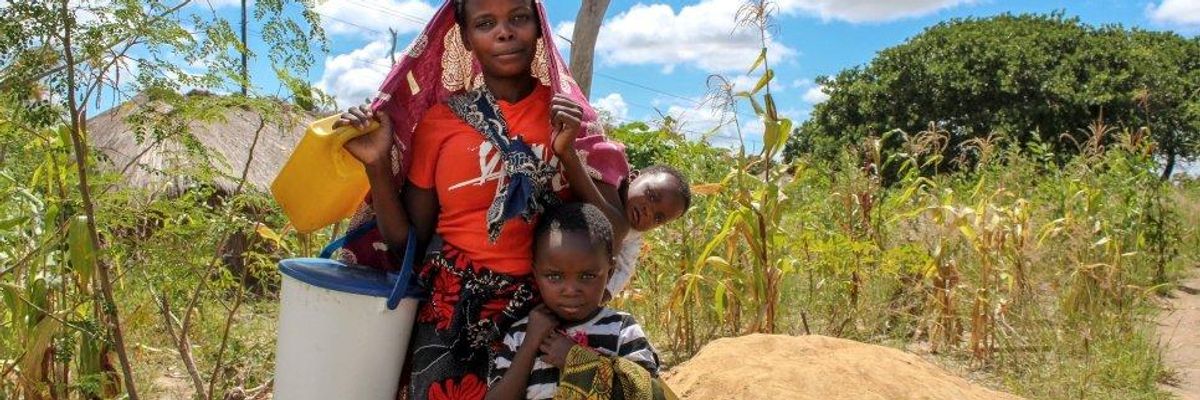As the worsening climate emergency creates an increasing number of migrants around the world, the economic effects of the planetary crisis are paradoxically making millions of people throughout the Global South too poor to escape its ravages.
That's according to a study published recently in the journal Environmental Research Letters by researchers from the Potsdam Institute for Climate Impact Research (PIK) in Germany.
"Climate change reduces economic growth in almost all countries of the world. But it has very divergent effects in poorer and richer countries," study co-author Jacob Schewe said Monday. "Overall, migration related to climate change has increased—but it has done so to a lesser extent than might have been expected. The reason is bitter: In poor countries, many people in need are lacking the means to migrate. They have no choice but to stay where they are."
Co-author Christian Otto noted that "economic growth affects national income levels, which in turn affect migration. Relatively few people migrate from high-income and from very low-income countries. In the case of poor countries, this is partly because many people simply cannot afford to leave. So very poor people often stay in their home country, even if they are in need or would like to migrate for other reasons."
Another study co-author, Anders Levermann, said that "ongoing climate change is keeping many people in the Global South in poverty, making it more difficult for them to migrate. Thus climate change deprives people of an important way to adapt to its impacts and increases the gap between rich and poor."
According to a 2017 study published by the British medical journal The Lancet, climate change could create a billion refugees by 2050. Other studies conclude the number could be even higher. Additionally, the World Bank says the planetary emergency could displace more than 200 million people within their home countries by mid-century.

